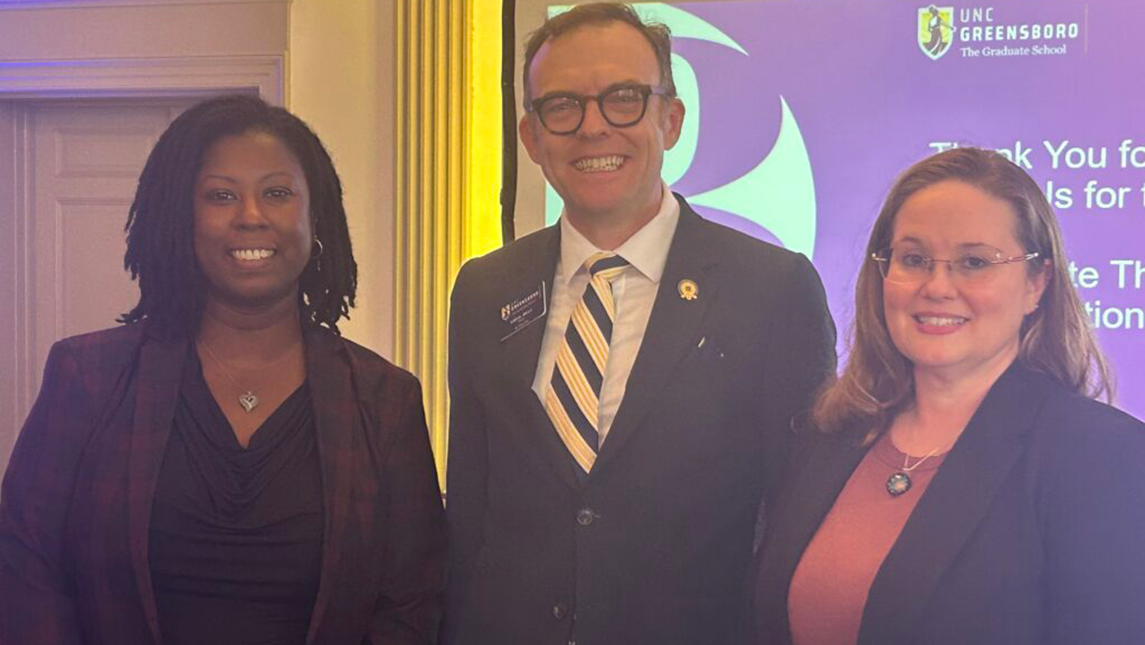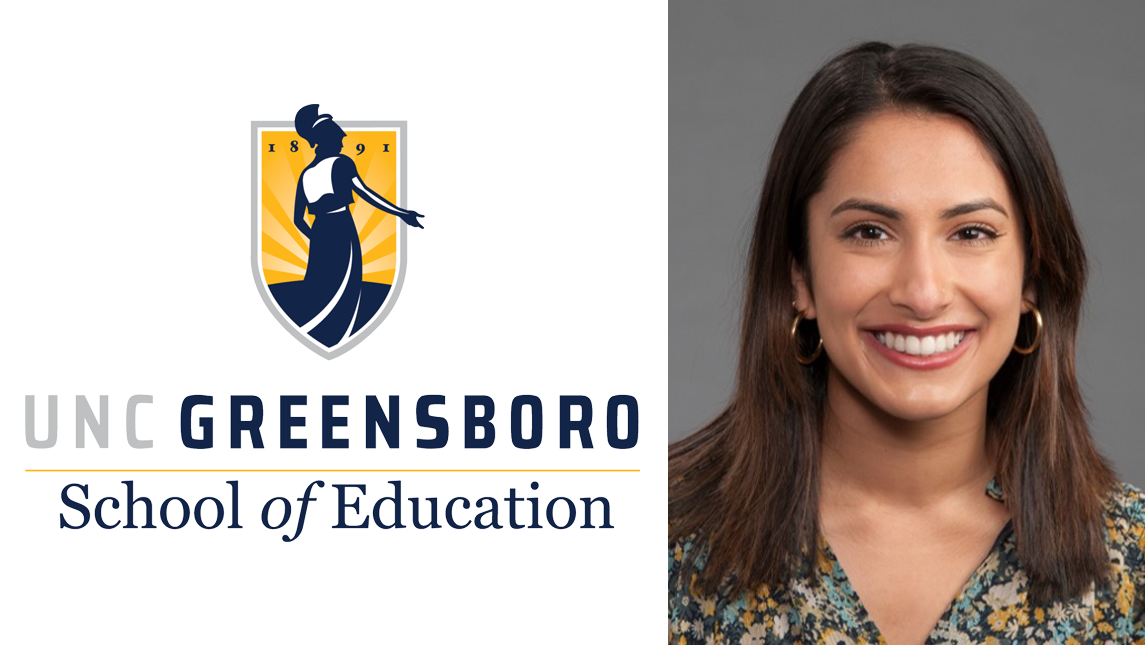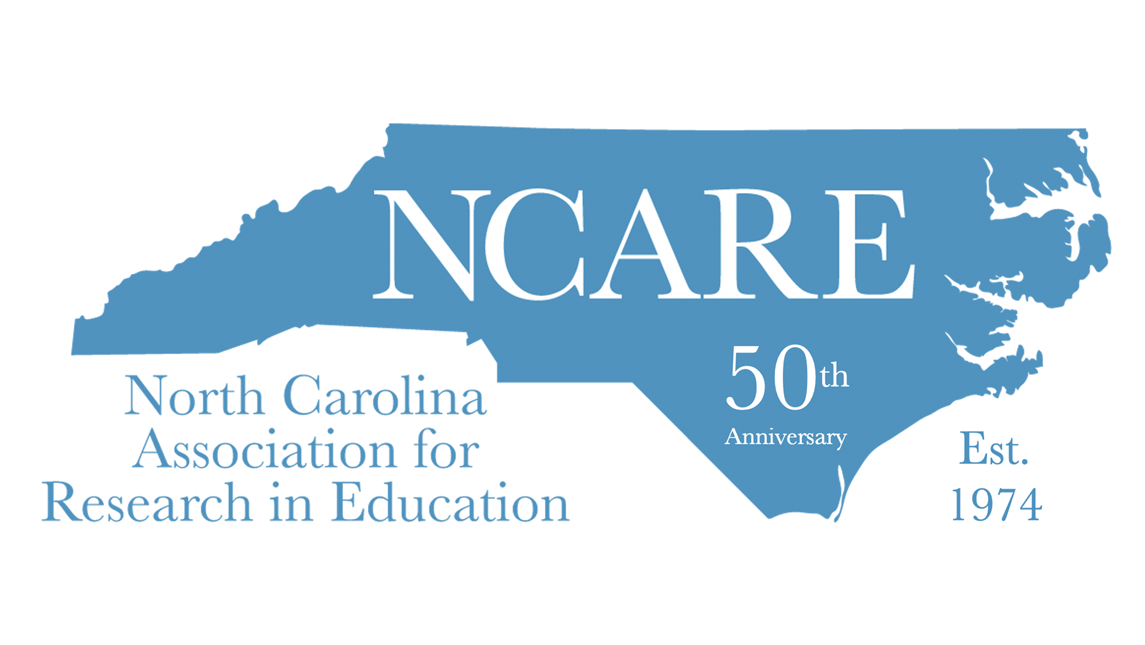Two CED doctoral students, Zobaida Laota and Shreya Vaishnav, have been selected as 2018-2019 NBCC Minority Fellows. Congrats!
Through the Minority Fellowship, NBCC seeks to “expand the behavioral health workforce in order to reduce health disparities and improve health care outcomes for traditionally underserved populations.” At the doctoral level, fellows receive advanced training toward providing leadership to the counseling profession through education, research and practice benefiting vulnerable underserved consumers.
Fellows receive a stipend, attend training and networking sessions throughout the academic year, and participate in several conferences focused on the program’s goals.
About our CED Minority Fellowship recipients:
Shreya Vaishnav is from Mumbai, India, where she spent the first 18 years of her life. Growing up in a developing country and migrating to the U.S. has been a path filled with challenges, as well as opportunities, that have contributed to her personal and professional growth. Her clinical and academic focus on social justice advocacy and racial microaggressions is a result of these cumulative experiences as an immigrant, woman of color in the U.S. Shreya believes that this fellowship will advance her goals of reducing health disparities for immigrants and refugees and assist in promoting mental health policies catered towards the needs of this population. In addition to academic advancement, mentorship, and networking opportunities, this fellowship will focus on providing training around culturally competent delivery of mental health services to the substance abuse population.
Zobaida Laota shared the following from her personal statement:
I am determined to succeed and thrive in order to achieve my goals of reducing the disparity that exists for minority populations in the United States. I believe that the academic space provides a powerful platform for change and hope through education, research, and service to the community and the counseling profession. This career path integrates my identities as a clinician, educator, researcher, mentor, and social justice advocate. Professional development and leadership opportunities will better prepare me to best serve minority populations, take steps to reduce the health disparity that exists for culturally and linguistically diverse populations, train counselors to provide culturally competent care, and engage in culturally responsive approaches to research.


